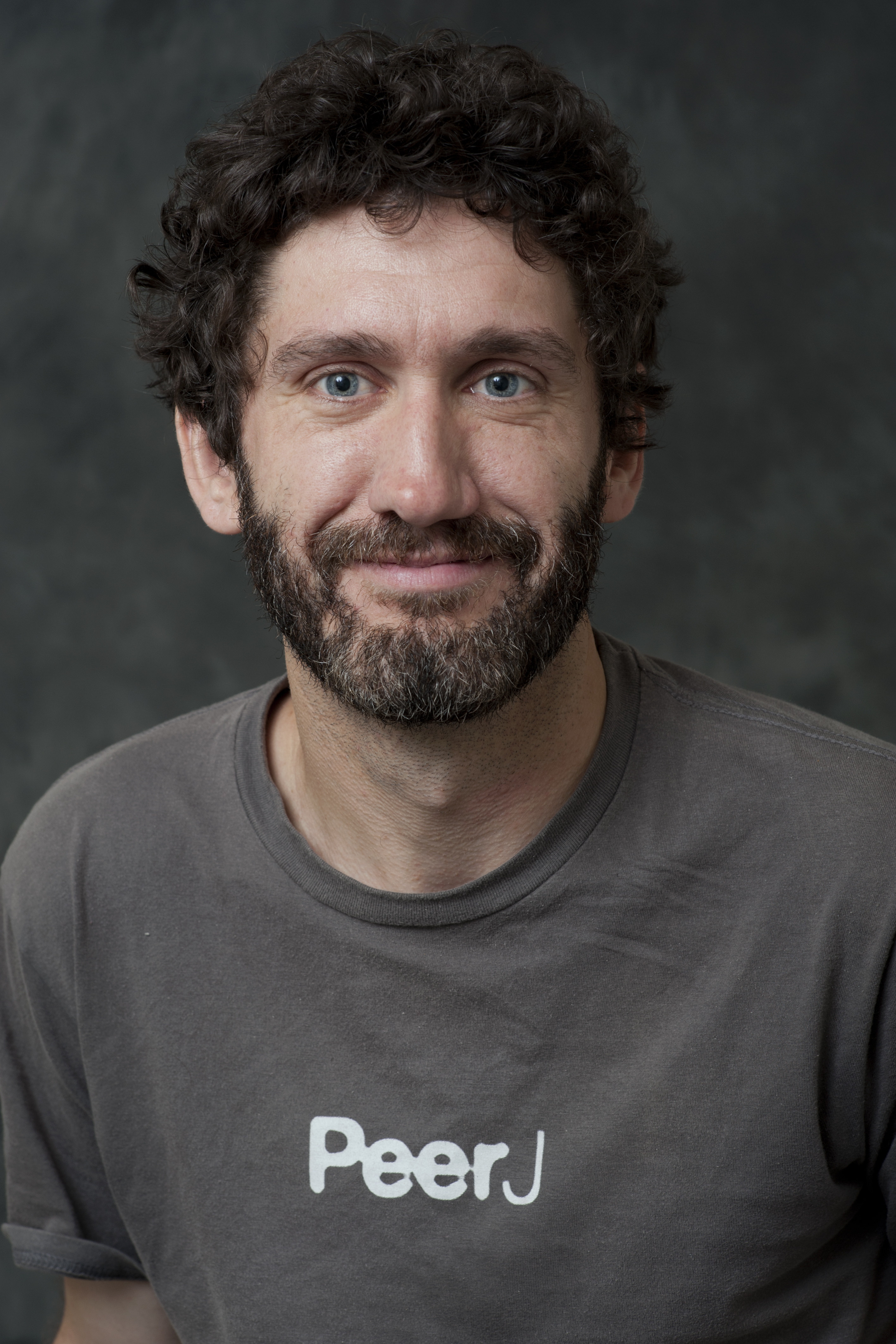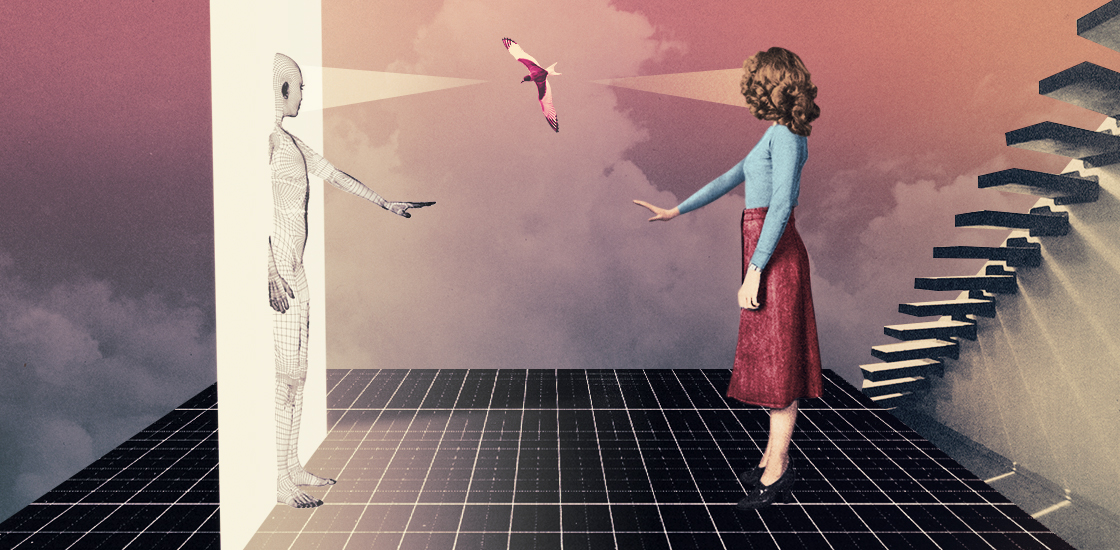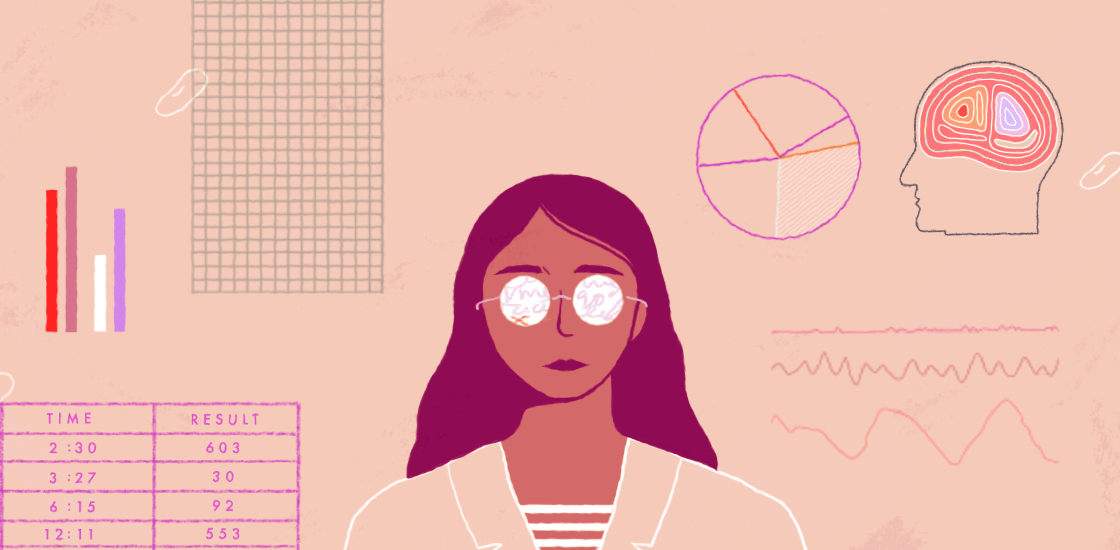Jon Brock is a former autism researcher who is now a science writer, medical grant writer and co-founder of Frankl Open Science.

Jon Brock
Research fellow
Macquarie University
From this contributor
Virtual reality yields clues to social difficulties in autism
Assessing social ability in adults with autism requires controlled tests involving real-time social interactions. Virtual reality makes this possible.

Virtual reality yields clues to social difficulties in autism
Quest for autism biomarkers faces steep statistical challenges
Finding a difference between people with and without autism is only the first step toward identifying a clinically useful marker of the condition.
The elusive essence of autism
Researchers must make heterogeneity in autism the object of their investigation, rather than treating it as an excuse for inconsistent results or an inconvenience in their quest to understand the disorder’s essence, argues Jon Brock.
Registered reports
The more researchers poke around, the more likely they are to find a significant effect — and the more likely that the effect they end up reporting is just a fluke. A new kind of journal article, the 'registered report,' may address this problem, says Jon Brock.
Six questions for connectivity theory research
'Underconnectivity' is considered one of the best-supported theories for the neural basis of autism. But many questions remain unanswered, says Jon Brock.
Explore more from The Transmitter
Machine learning spots neural progenitors in adult human brains
But the finding has not settled the long-standing debate over the existence and extent of neurogenesis during adulthood, says Yale University neuroscientist Juan Arellano.

Machine learning spots neural progenitors in adult human brains
But the finding has not settled the long-standing debate over the existence and extent of neurogenesis during adulthood, says Yale University neuroscientist Juan Arellano.
Xiao-Jing Wang outlines the future of theoretical neuroscience
Wang discusses why he decided the time was right for a new theoretical neuroscience textbook and how bifurcation is a key missing concept in neuroscience explanations.
Xiao-Jing Wang outlines the future of theoretical neuroscience
Wang discusses why he decided the time was right for a new theoretical neuroscience textbook and how bifurcation is a key missing concept in neuroscience explanations.
Memory study sparks debate over statistical methods
Critics of a 2024 Nature paper suggest the authors failed to address the risk of false-positive findings. The authors argue more rigorous methods can result in missed leads.

Memory study sparks debate over statistical methods
Critics of a 2024 Nature paper suggest the authors failed to address the risk of false-positive findings. The authors argue more rigorous methods can result in missed leads.

